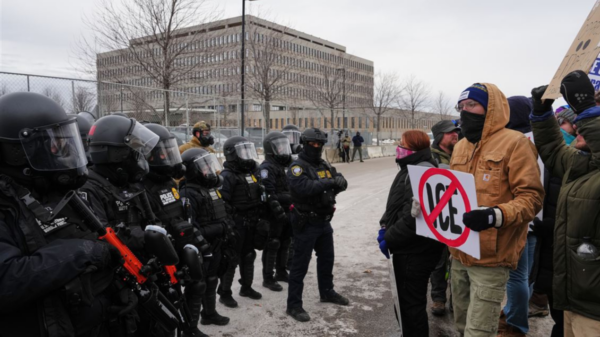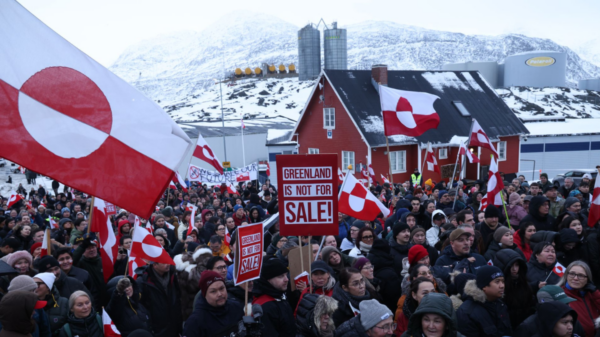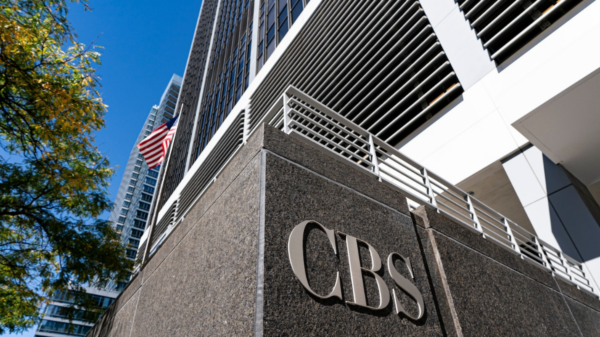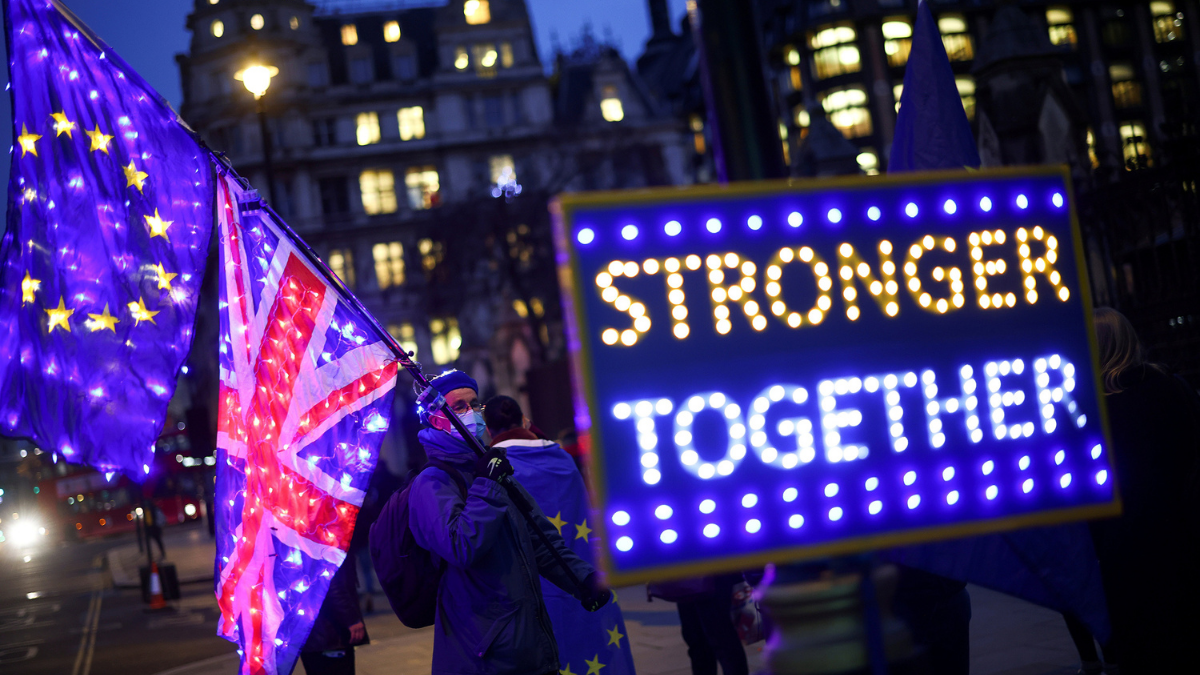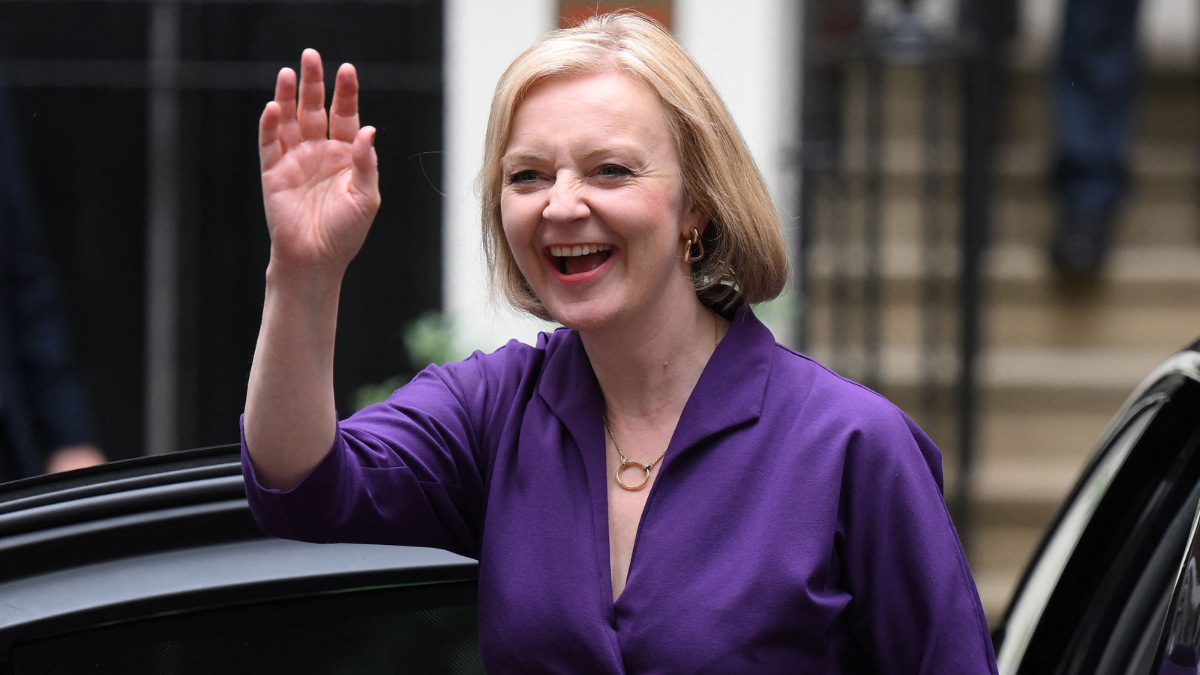Cast your mind back to June 2016. Britain had narrowly voted to leave the European Union, by a small margin of 51.9%. Nobody, including the politicians of the day, knew how the next five years would plan out – or what the future for Britain would entail.
Funnily enough, I remember the day Brexit was voted for clearly – for one – aged 18, it was one of the first votes I had cast. I was in New York with my family, and it was with a jet-lagged weariness that we learned the news. Suppose you are a Brit who has been to the US. In that case, you’ll know that often just talking is enough to turn some heads – as the British accent causes some appeal that I’ve never been able to understand. Anyway, as our family tried to take in the news, we had several Americans come up to us, asking with confusion, “what have you done?”
We were, after all, in a pretty liberal part of America. As we travelled down South, to Tennessee and New Orleans – the tone was quite different. Although we didn’t speak with Southerners about Brexit, we could tell it was something they’d probably pat us on the back.
Since, nearly half a decade later, we’ve had campaigns for A People’s Vote, a plea for a second Brexit Referendum, the knowledge that the Leave campaign broke Electoral Law, and two Prime Ministers. All the while, Britain is raging a battle against the worst health crisis in a generation. As I write this, MP’s are sitting in the House of Commons raging yet another Brexit debate and vote on Boris Johnson’s recently acquired deal.
Regardless of the deal’s ins and outs, many Remainers, like myself, still, feel the frustration over Brexit. Many are only glad that a line can be drawn under the ridiculous charade that has drained political energy for half a decade. But what will Johnson’s deal with the EU mean for Britain? Will we come out stronger economically? And does the promise of isolationism for Britain, mean that it will be better off than before?
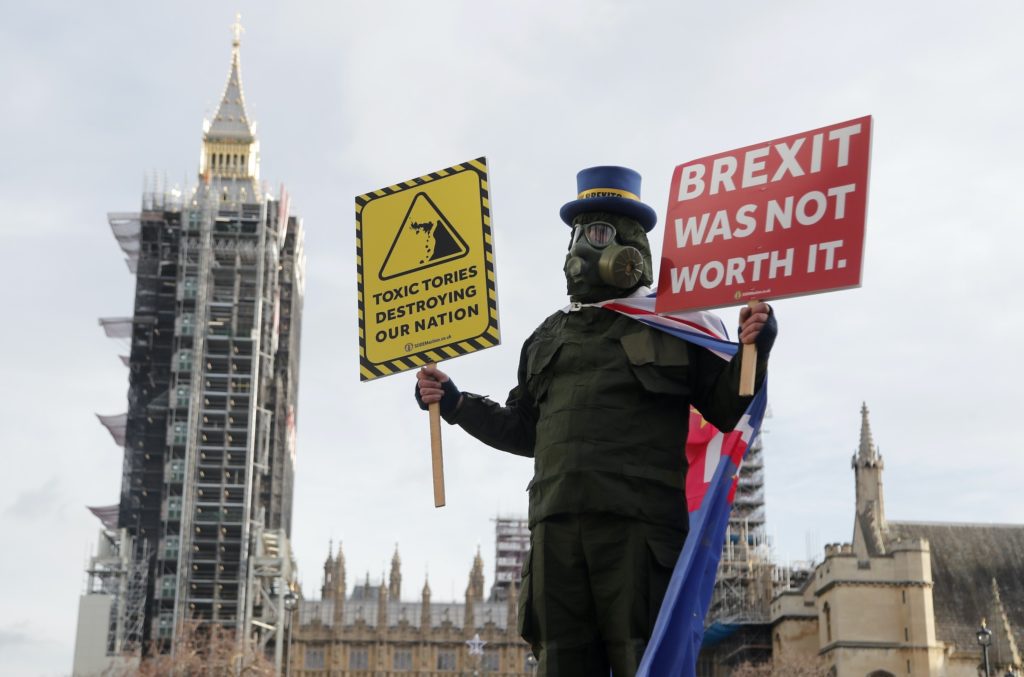
On paper, the Brexit deal established by Johnson is okay. Despite taking years of political energy to get to this point, Britain will not be better off economically. Still, Leavers will argue it was never about that in the first place – the 51.9% that voted to Leave believed in Brexit as a social and cultural philosophy. Tired of increasing immigration and lack of ‘national’ freedoms, they voted with a symbolic mindset, rarely thinking about the practicalities. But of course, the same could be said for ardent Remainers, who fundamentally disagree with the now, narrow-minded cultural outlook Britain has. Voters on either side of the fence back in 2016, rarely thought about the practicalities of leaving the EU.
For former Prime Minister, Theresa May, it took up all her premiership, and she eventually resigned because two of her deals failed to pass through the House of Commons. Then, in comes Boris Johnson, off the back of a 2019 Election promise that he had an “oven-ready” deal at this disposal. Of course, this never lived up to reality. This winter, we have been subject to countless extensions of talks between Johnson and Ursula von der Leyen – and have finally reached an endpoint. Amidst the worth health crisis in a generation, where local hospitals are pleading for help because of rising Covid cases, what are the government more concerned with? A stale, nonentity vote that has taken up more political energy than it has been worth.
For people across the political spectrum – many will be breathing a sigh of relief – not because it’s a good deal, but because it’s finally over. But what type of Britain will remain once the deal inevitably passes through the House of Commons? Johnson has argued that the new trade deal will create, “a giant trade-free zone” because of the lack of tariffs on goods entering Britain. However, if that was his aim, why did he never commit to staying in the single market?
If we’re talking about the image of Britain that will remain – it will be a radically altered one. The Erasmus Scheme – which gives UK students the opportunities to travel abroad in the EU whilst on University exchange program – has been scrapped. The government argued it was too expensive. How then, have they promised an immediate replacement of the scheme? Johnson says the new scheme will be named after Alan Turing and will allow students to travel worldwide, rather than just within the EU. The focus then has been shifted away from our closest neighbours and replaced with a theoretical, grander, world view. But the ending of the Erasmus scheme says a lot about the government’s mindset. The EU deal also means an end to free movement for British citizens travelling abroad. Previously, this meant that people from the UK had a right to work and live in the EU. From December 30, 2020, free movement allows for a transition period between December 2021-2022. Still, ultimately, it means bad things for Britain’s currently living abroad or wishing to in the future.
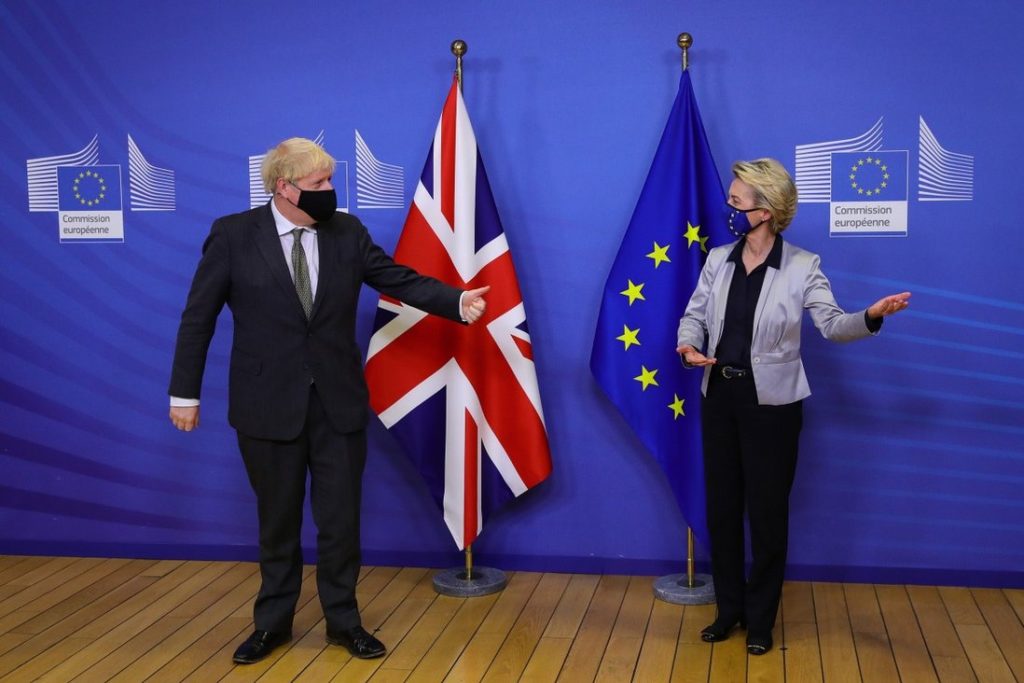
Keeping these schemes and freedoms alive, would have presented a more outwardly, forward-facing Britain who embraced the multifaceted cultures of the EU and its influence here, in the UK. However, now, we appear more isolated and less accepting of our European neighbours. Like many, I will always consider myself European, as well as British, but these added practicalities when thinking about travelling or working abroad will erode peoples’ confidence.
Britain will not be better off with this new deal in terms of economics, but it won’t be worse off either. There’s extraordinarily little change, which begs the question of why we started it in the first place. Farmers have been granted zero tariffs and quota-free access to the single market, meaning exporters will continue mostly as before but will face additional paperwork and checks on their products entering the EU. Similarly, the Fishing industry will be subject to a five-and-a-half-year transition period. The EU will give back 25% of the value of its catch in the UK waters. After this period, fishing rights will be subject to an annual negotiation process. Startlingly little has changed than added practicalities both industries could do without.
Finally, the all-important Trade deal itself. Crucially, the deal does not include any tariffs on exports to the EU, and Britain has tariff-free access to the EU’s single market and a zero-quota agreement. This means that there is no limit on the quantity of any goods that can be traded. Thus, this is what Johnson means when he refers to a ‘Canada type trade deal’ resembling “a giant trade free zone.” But like all of Boris’ promises, I feel we’ll only really know whether this glimmer of hope in the trade deal, lives up to expectations in years to come. But essentially, Britain is still set to have a stable trading relationship with the EU. Still, it will be bogged down in a lot more paperwork, legislation, and unnecessary practicalities. Which was precisely what Leave voters wanted to avoid, surely?
As the dust finally settles on the Brexit debate which has been draining the country for half a decade, Brits can be thankful for one thing – it’s nearly over. The deal is acceptable – it could be worse – but one thing is for sure, we now live in a country more inward-looking and less financially better off than what was promised. Remaining in the EU would undoubtedly have made our lives easier. Still, thankfully, the charade of Brexit is nearly done and dusted. Now, we must turn to far more pressing problems.


